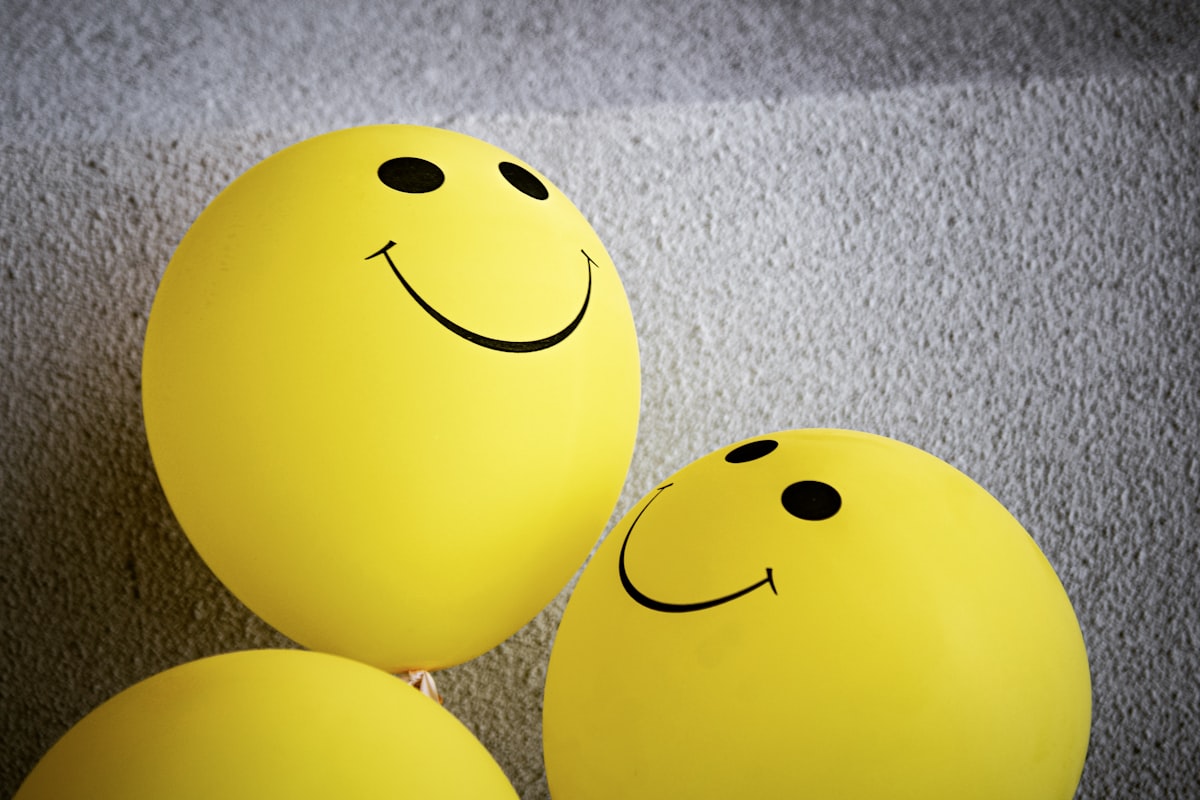Insecurity upturn decreases the perception of happiness among Mexicans
We can develop this habit by understanding who we are, what we want from life, and what our projects are. Building it requires giving it direction. The decrease in security indexes causes Mexico to stop being a happy country.





